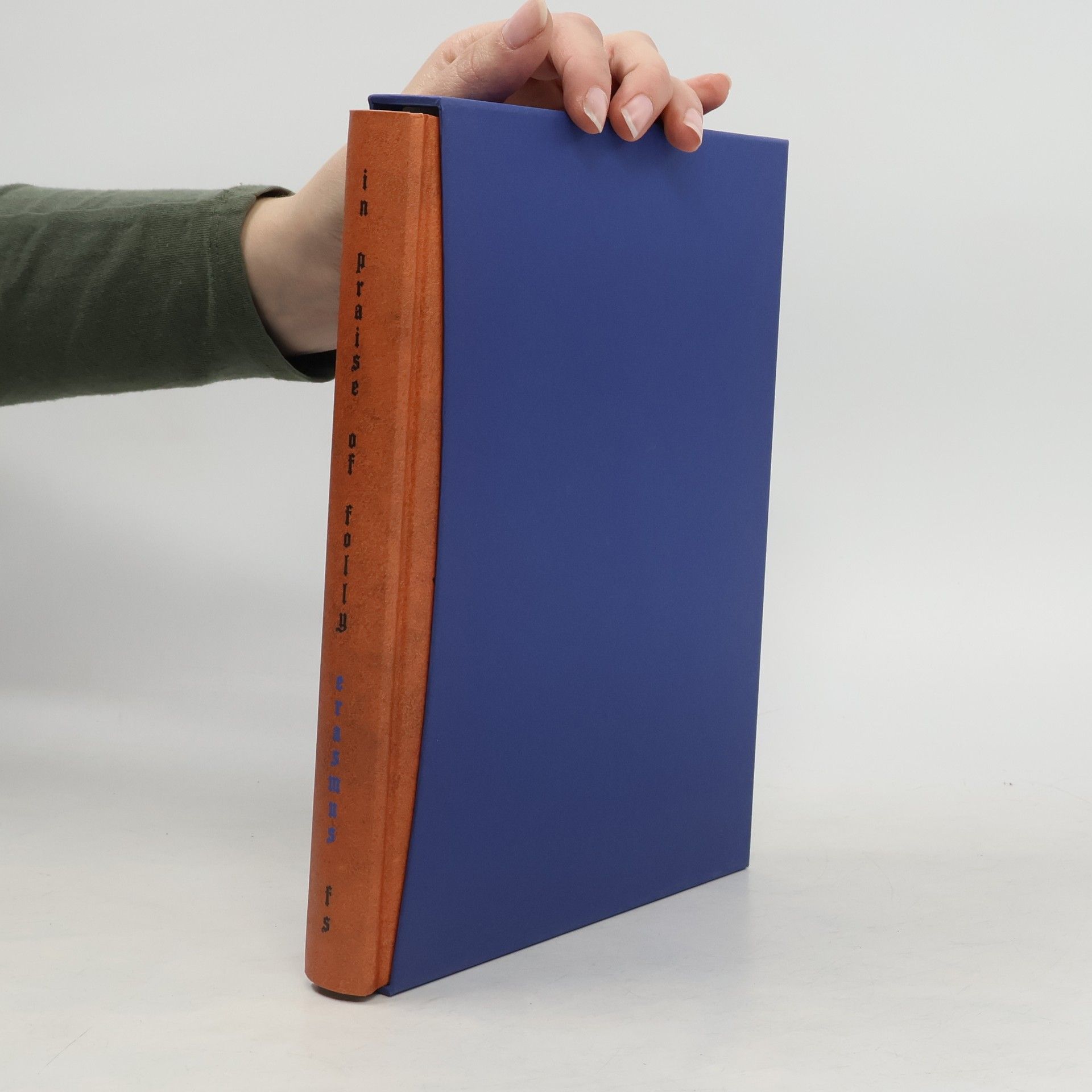Desiderius Erasmus Roterodamus Libri
Erasmo da Rotterdam fu un eminente umanista e teologo che scrisse in un latino puro. Il suo meticoloso lavoro sui testi biblici, in particolare sul Nuovo Testamento, introdusse nuove prospettive che influenzarono sia la Riforma Protestante che la Controriforma Cattolica. Pur criticando gli abusi ecclesiastici, cercò la riforma dall'interno, promuovendo una via di mezzo con profondo rispetto per la fede tradizionale e rifiutando posizioni radicali. La sua eredità risiede nella magistrale sintesi tra erudizione classica e profondità spirituale, che gli valse il titolo di "Principe degli Umanisti".

